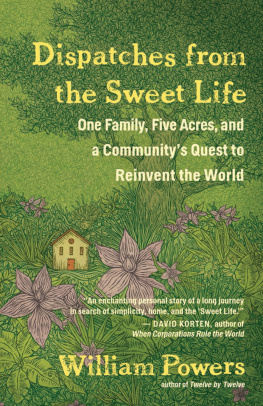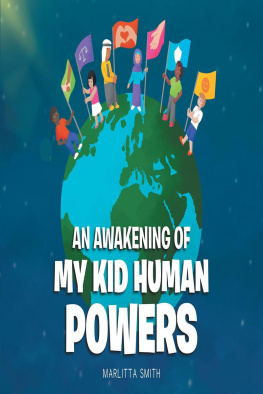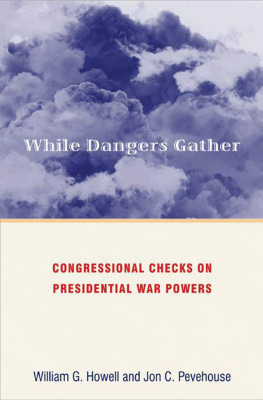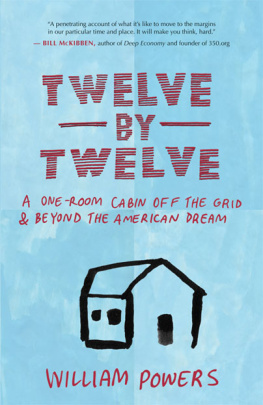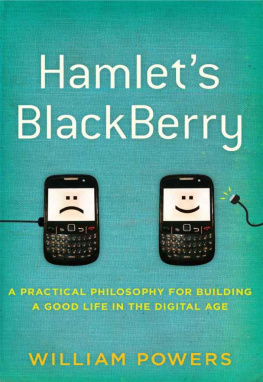BIOVIOLENCE
Aylan, Isis, Begum, Grenfell, Trump. Harambe, Guantanamo, Syria, Brexit, Johnson. COVID, migrants, trolling, George Floyd, Trump!
Gazing over the fractured, contested territories of the current global situation, Watkin finds that all these diverse happenings have one element in common. They occur when biopolitical states, in trying to manage and protect the life rights of their citizens, habitually end up committing acts of coercion or disregard against the very people they have promised to protect. When states tasked with making us live find themselves letting us die, then they are practitioners of a particular kind of force that Watkin calls bioviolence.
This book explores and exposes the many aspects of contemporary biopower and bioviolence: neglect, exclusion, surveillance, regulation, encampment, trolling, fake news, terrorism and war. As it does so, it demonstrates that the very term violence is a discursive construct, an effect of language, made real by our behaviours, embodied by our institutions and disseminated by our technologies. In short, bioviolence is how the contemporary powers that be make us do what they want.
Resolutely interdisciplinary, this book is suitable for all scholars, students and general readers in the fields of IR, political theory, philosophy, humanities, sociology and journalism.
William Watkin is Professor of Contemporary Philosophy and Literature at Brunel University, London. He is the author of numerous books including In the Process of Poetry: The New York School and the Avant-Garde , On Mourning , The Literary Agamben and Agamben and Indifference . His most recent work Badiou and Indifferent Being is the first of two volumes looking at Badious Being and Event project. The second, Badiou and Communicable Worlds , came out in 2020. He is currently working on a study of a philosophy of indifference called, simply, Indifference , and a follow-up to Bioviolence called Anti-Social Media: How Big Tech Makes Us Do What It Wants.
BIOVIOLENCE
How the Powers That Be Make Us Do What They Want
William Watkin
First published 2021
by Routledge
2 Park Square, Milton Park, Abingdon, Oxon OX14 4RN
and by Routledge
605 Third Avenue, New York, NY 10158
Routledge is an imprint of the Taylor & Francis Group, an informa business
2021 William Watkin
The right of William Watkin to be identified as author of this work has been asserted by him in accordance with sections 77 and 78 of the Copyright, Designs and Patents Act 1988.
All rights reserved. No part of this book may be reprinted or reproduced or utilised in any form or by any electronic, mechanical, or other means, now known or hereafter invented, including photocopying and recording, or in any information storage or retrieval system, without permission in writing from the publishers.
Trademark notice : Product or corporate names may be trademarks or registered trademarks, and are used only for identification and explanation without intent to infringe.
British Library Cataloguing-in-Publication Data
A catalogue record for this book is available from the British Library
Library of Congress Cataloging-in-Publication Data
Names: Watkin, William, 1970- author.
Title: Bioviolence: how the powers that be make us do what they want/William Watkin.
Description: Abingdon, Oxon; New York, NY: Routledge, 2021. | Includes bibliographical references and index.
Identifiers: LCCN 2020053307 (print) | LCCN 2020053308 (ebook) | ISBN 9780367438173 (hardback) | ISBN 9780367438180 (paperback) | ISBN 9781003006015 (ebook)
Subjects: LCSH: Biopolitics. | ViolenceSocial aspects. | Power (Social sciences)Political aspects. | Social control. | State, The.
Classification: LCC JA80 .W37 2021 (print) | LCC JA80 (ebook) | DDC 320.01dc23
LC record available at https://lccn.loc.gov/2020053307
LC ebook record available at https://lccn.loc.gov/2020053308
ISBN: 9780367438173 (hbk)
ISBN: 9780367438180 (pbk)
ISBN: 9781003006015 (ebk)
Typeset in Bembo
by Deanta Global Publishing Services, Chennai, India
Contents
PART ONE
Regulatory bioviolence
PART TWO
Humanimals and bare life
PART THREE
Decapitation and the digital caliphate
PART FOUR
The global camp
PART FIVE
2020, I cant breathe
Long Hard Read: The Grenfell Tower Murders
It was warm the night Behailu Kebedes fridge exploded. People had their windows open, curtains stirring in the air up and down the edifice of the tower, like strings of flags. The eternal London thunder of traffic, sirens, thumping base and lubricious voices floated into those flats, borne by a listless breeze coming in from the far distant Atlantic, easing its way across the Oxfordshire plain, before tumbling down the shallow lee sides of the nearby Chiltern Hills.
*bang*
Mr. Kebebe was rudely awoken from his fitful sleep. Something had gone off like a firecracker nearby, from the room next door it sounded like. Behailu jumped from his bed and rushed into the small kitchen where he saw the flames coming from the white goods. His first thought was to wake his neighbour Maryam, but she had already heard the commotion and met him in the hallway between their two flats. Behailu, clearly agitated, told Maryam there was a fire. She went with him into flat 16 to see if it was cause for concern. It was 12:50 am precisely.
The flames coming out of Behailus old fridge werent very big, but it was enough to alarm the pregnant Maryam. A hasty call was made to the police, then she exited the building in such a panic she left the mobile phone she used to make the call behind. Behailu, meanwhile, lingered long enough in the building to wake all his neighbours on the fourth floor. One of them, Alison Moses, remembers meeting firemen on the stairwell, as she left, descending from higher storeys. They told Alison that the 13th floor was full of smoke which confused her. It was quite a jump from the 4th to the 13th floor, maybe around a hundred feet. From what Behailu had told her, it seemed impossible that such a small appliance fire could have travelled that far, that quickly. Confusion at this news began to percolate down the stairwell, as the unchecked fire boiled up the outside walls.
I went back to my mothers kitchen:
peas were soaking on the stove
and a lettuce was unfurling on
the counter.
(Bernard, Kitchen, p.15)
It was later discovered that flames had managed to exit flat 16, Kebedes home, through his kitchens open window. Sneaky as they are, these tongues of fire had then finagled themselves between the tower block walls and their new cladding. The cladding had been attached to the exterior of the building during a recent refurbishment, by all accounts, not very professionally. The seals between the cladding and the new windows, for example, were often broken, letting in drafts. Many residents had taken to plugging up the gaps with bits of material. Flammable stuff, for the most part. A classic inner-city hack in lieu of a centrally sanctioned solution. Even worse, between each panel of cladding should have been a seal to stop the spread of fire but the seals failed or were never installed. This permitted the cavity between the walls and the cladding to act as a kind of chimney, speedily drawing up the flames from floor 4 to floor 13, where all that smoke was that the firemen had spotted. Then, rapidly, up the entire flank of the 221-foot, 23-storey West London tower block, home to around 350 people. As these flames met with one of those ill-fitted windows, dodgy frame stuffed with old newspaper and suchlike, you can imagine how easy it was for the fire to penetrate into the flats themselves. Within a remarkably brief time, the conflagration was out of control and engulfed the whole block, raining down smouldering fragments of that flammable cladding onto the moneyed streets and gathering, well-heeled crowd below.




